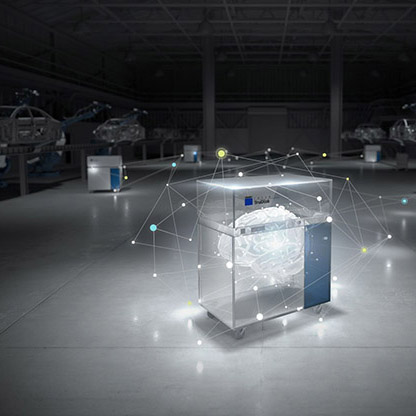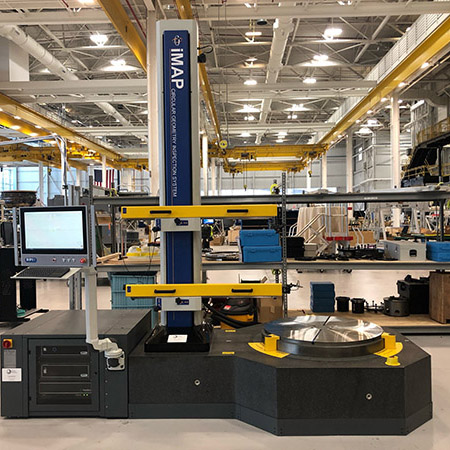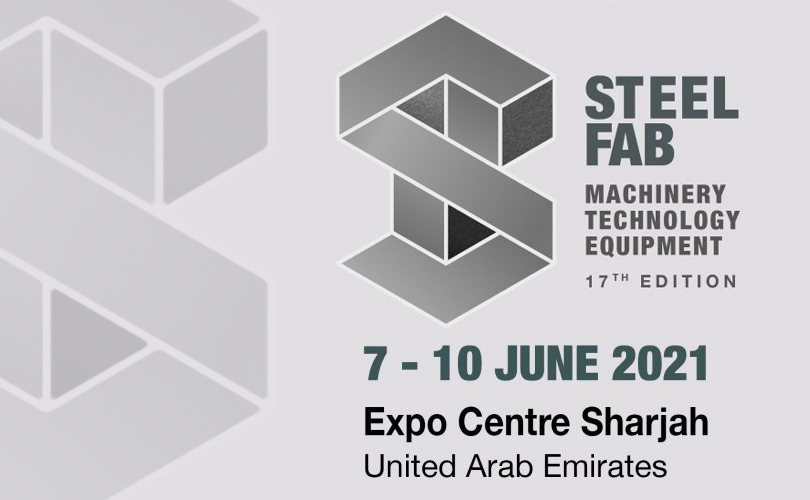
Öhlins Racing, a pioneer in advanced suspension technology, is the winner of Faro’s ‘Oldest Working FaroArm in Europe’ contest. The company has put its 1993-era Faro Metrecom arm to good use for dozens of years, demonstrating the durability and reliability of FaroArm products. In recognition of this longevity, Öhlins Racing was presented with a new Faro eight-axis QuantumS ScanArm System.
“We’ve been using Faro products for decades, so when we learnt of this contest we knew we had to be in serious contention, especially knowing the first FaroArm was developed in the early 1990s,” says Henrik Johansson, CEO of Sweden-based Öhlins Racing.
“Our original Metrecom has never let us down,” he continues. “You could say it’s time to retire the arm, but it’s still going strong. Regardless, we’re thrilled to add the new Quantum to our tool chest and further enhance our productivity through faster and more accurate 3D measurement.”
David Homewood, EMEA sales VP for Faro, adds: “The QuantumS represents a new industry standard that extends maximum measurement consistency and reliability in a variety of working environments, delivering best-in-class performance for hard probing and laser-scanning applications. I want to congratulate and thank Öhlins Racing for being such a loyal customer over the years.”
Faro’s QuantumS helps manufacturers compete in the global marketplace by empowering better quality assurance and ensuring full confidence in their products and processes. The eight-axis rotary scanning platform is said to cut scan times by up to 40%, while maintaining accuracy (even in compact spaces). A hot-swappable battery enables continuous cable-free operation, while integrated Wi-Fi enables optimised workflow efficiency.
For further information
www.faro.com
























